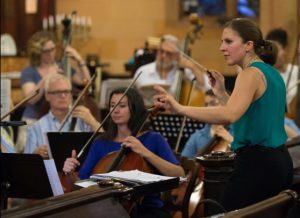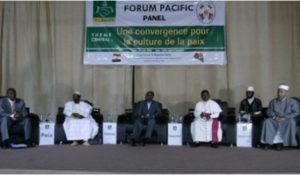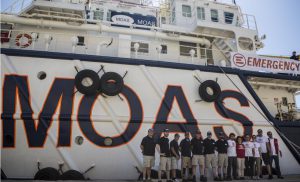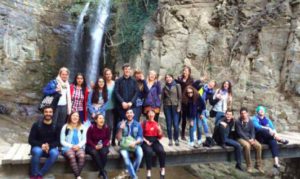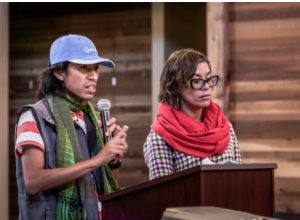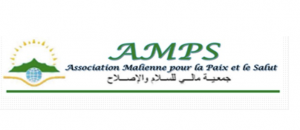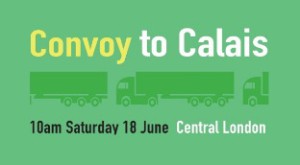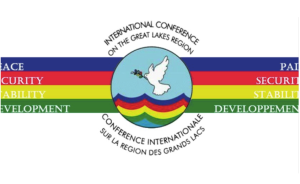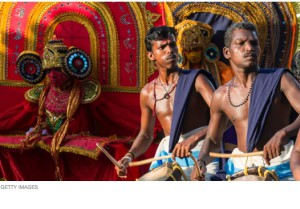TOLERANCE AND SOLIDARITY .
A message received by CPNN concerning the Petition for Peace
Dear Members of the Network of the Felix Houphouet-Boigny Foundation for Peace Research,
We announce the call to sign the petition for the creation of an appropriate structure of the UN in charge of interreligious and intercultural dialogue for peace. This international initiative, called “another route to peace” was initiated July 3, 2016 by the Pan-African Centre for Social Prospects (CPPS) headed by Professor Albert Tevoedjre.
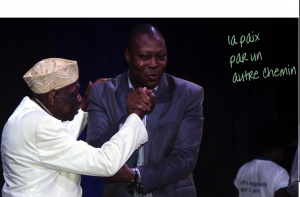
Click on the photo to enlarge
For more information on this petition, we urge you to go to the link below: http://www.petitionpourlapaix.com/index.php/the-petition
To sign the petition, click on the following link: http://www.petitionpourlapaix.com/#gkMainbodyTop
* * * * * * * * * * *
Petition: Another Route to Peace
It has now been a little more than one year since the initiative was taken by Professor Albert Tévoédjrè – an African scholar, a Beninois political figure, President and founder of the Pan-African Social Prospects Centre (CPPS), former special representative of the UN Secretary General in Côte d’Ivoire – and other prominent experts from diverse fields (including culture and social engagement) and with varied professional experiences agreed to foster international support for the African Education Initiative for Peace and Development through Interreligious and Intercultural Dialogue.
In light of the tragic impasse of military response to the terrorist threat that plunges our planet into mourning every day, these figures have agreed to offer their experience, their reputation and their lucid generosity with the aim of sharing intelligence and knowledge in the interest of public safety. In each country, they want a unifying focal point of creative energies to stand out and to shine, thus helping the African Initiative become a new chain of human security that goes beyond short-lived survival and defence operations. Other figures in the fight for human life will be welcome to help build the resolute and powerful network of engineers expected to come forth from this credible peace-bringing mechanism that will operate through collective and communal action, responding to the immediate needs of populations.
(continued in right column)
(Click here for the French version of this article.)
Islamic extremism, how should it be opposed?
(continued from left column)
Through this movement, we wish to connect this initiative to citizens of the world who are fuelled by the same desire for peace and living together despite our differences.
The objective is to collect as many signatures as possible in Africa and across the globe to get the UN Secretary General to act by creating an appropriate federative structure for interreligious and intercultural dialogue for peace to:
– Create a framework for interreligious and intercultural dialogue within the Member countries;
– Promote meetings between young people from diverse socio-cultural and religious backgrounds to facilitate and strengthen the mechanisms of “living together”;
– Create a network of focal points in each country and give priority to joint actions for development with have been established and administered by inter-religious and intercultural groups;
– Develop joint social innovation projects, based on interreligious and intercultural dialogue which, within each country of African and the world, will culminate in a common minimum level of social development for all citizens;
– Increase the number of training centres and university institutions specifically focused on interreligious and intercultural dialogue specifically dedicated to joint actions of inclusive development;
– Contribute to the shaping of the proposal for an international day for interreligious and intercultural dialogue to foster development.
Appeal made in Cotonou, Benin, on Sunday, 3 July 2016
